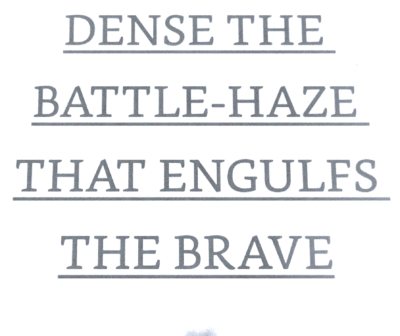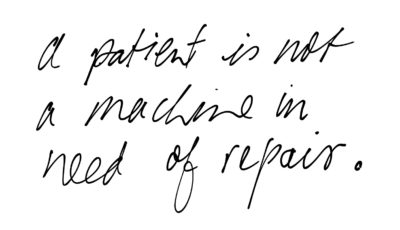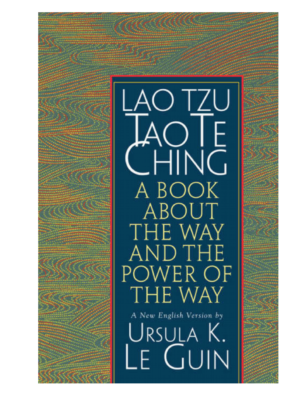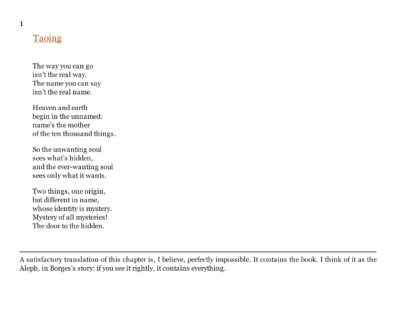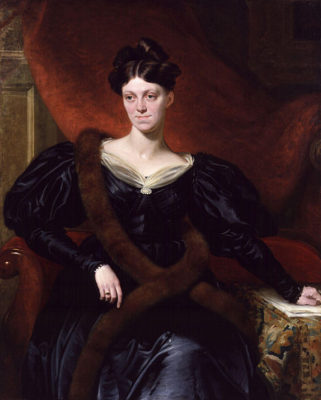I recall a social work teacher I had saying the main purpose of the training was to develop the professional identity of a social worker. I liked that idea. Especially once I saw that as a social worker I embraced a set of values, a body of literature and a community of practice. We valued a social systemic rather than individual approach, this meant seeing the world in quite a different way to, say doctors whose only systems were the human biological ones, who could make individual diagnosis but not social ones. Even better it distinguished us from psychologists, who adapted the medical model to the psyche, enviously creating a system of diagnosis based on the medical one.
Maybe it was a good thing at the time. There were variations on the theme, there were Christian social workers who I did not identify with and radical social workers who I did identify with. This blurred the edge between personal and professional identities. My family was not strong on identity. Atheist/Agnostic Dutch/Australian, humanist left rather than right. I must have craved a more defined identity as my first forage into this realm was to be able to say ‘I am a bushwalker”. In Sydney at the time, for me it had an almost religious existential meaning. Value words included intrepid, nature, hard, travelling light. It distinguished us from mere tourists, and I’m sure there are still people around who are part of that circle, and have let it define them to some degree. Now, 56 years later I retain some of these values. I trained first as a teacher but did no embraced the identity. Bushwalker softly morphed to mountaineer – but I saw it as an extension of my BW ID. Traveller was another extension I aimed to embrace, Peter Pinney style (See my blog post) but I was too much of a settler.
Philosopher, hippie, marxist were all on the journey. Now I’m writing a paper: “Being a Psychodramatist.” I don’t think I’ve landed in a fixed place. Identifying with groups and activities is one thing, belonging to a community is another, being conversant with a philosophy of life… All ok and maybe steps in the developmental pathway. As a trainer in psychodrama I want trainees to become psychodramatists, not just learn some techniques. To that end it is good to hold fast to a tradition and to embrace it. Not to cling to it, not to hide behind it. And the value in this particular tradition is that it is aware that the tradition is a conserve and that from a conserve we warm up to spontaneity and creativity. That is – from the old to the new.
Lynette Clayton wrote about the personality emerging from the roles we enact. Maybe it is also right to say that it emerges from the identities we embrace. Hmmm maybe the identities are things we discover in our selves, and then embrace. Over identification with a philosophy or group is a form of narrow mindedness, yet to be forever eclectic and skeptical is just confusing.
We need to develop an ego, personality, self, identity – all words, all useful especially in their respective philosophies. And there are stages of life for each.
In Erikson’s scheme
https://en.wikipedia.org/wiki/Erikson’s_stages_of_psychosocial_development
“The teenager must achieve identity in occupation, gender roles, politics, and, in some cultures, religion.”
Thankfully he adds somewhere that this phase can go on for many years. And it is also clear that in his scheme there are many identities, professional being just one of them.
I think I developed a stable professional identity, did not get there till well into my 30s though. I see it as a cluster: psychodramatist, psychotherapist, counsellor, philosopher. Within that identity there is a lot of scope as well:
“There are more things in heaven and earth, Horatio, Than are dreamt of in your philosophy.”

